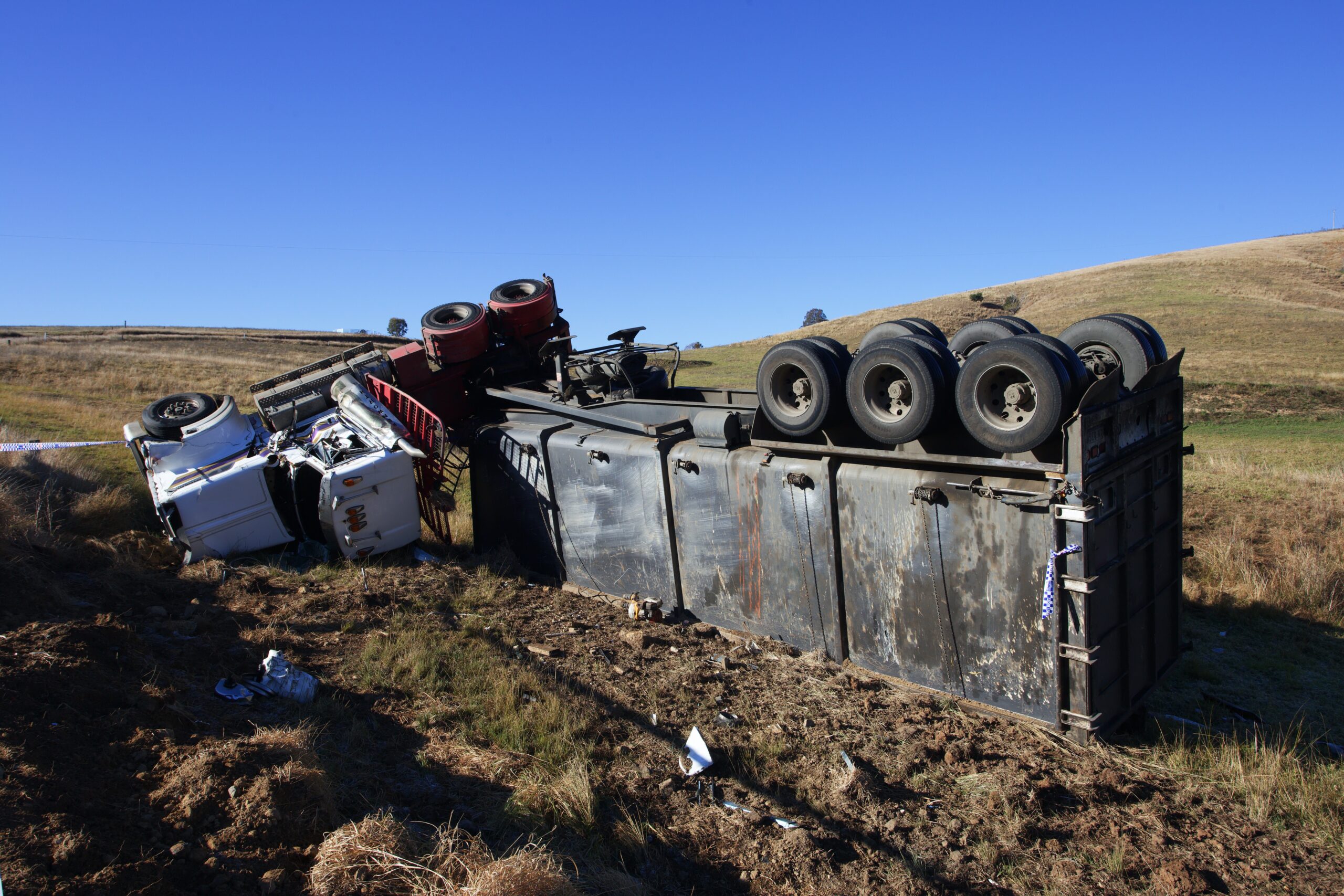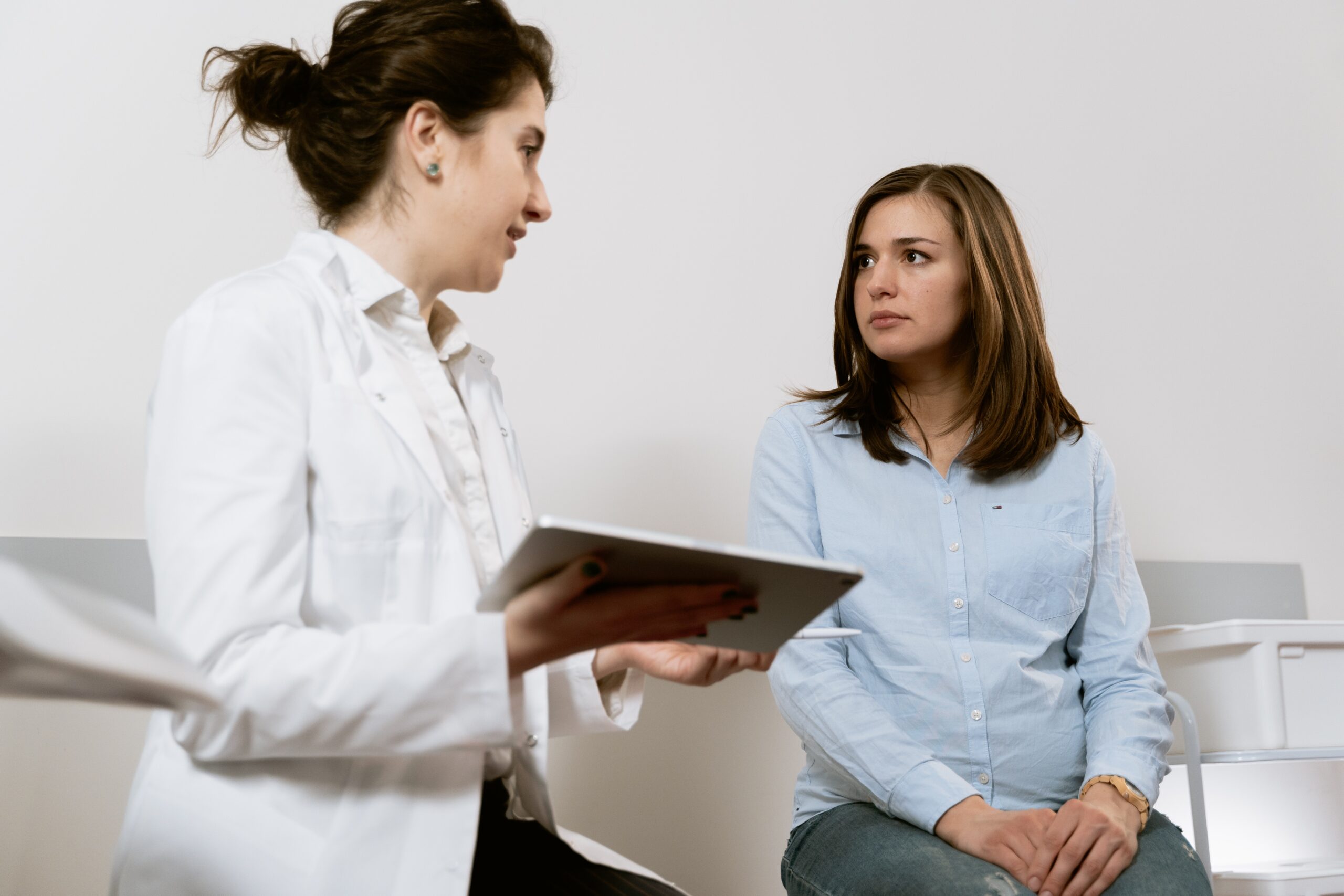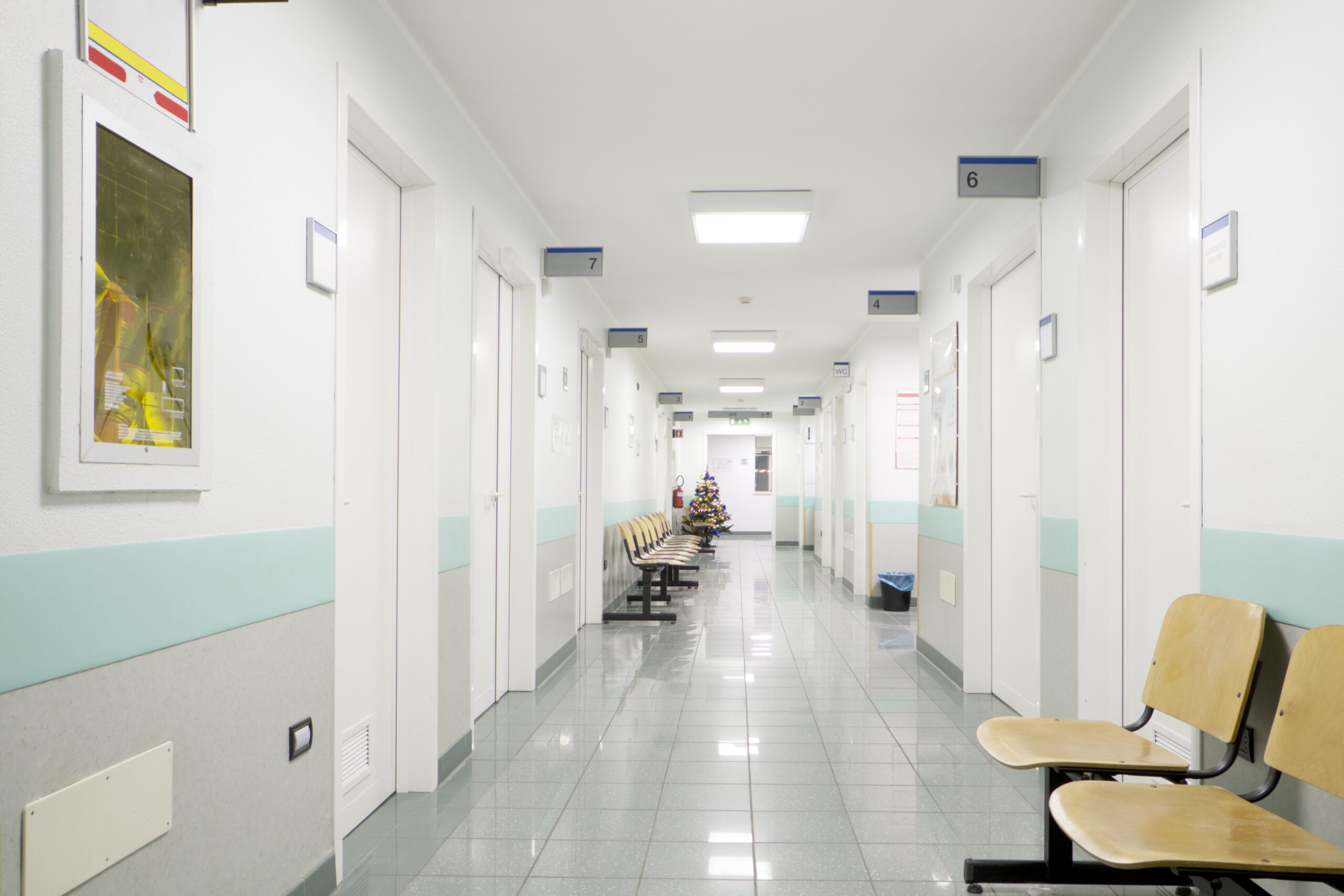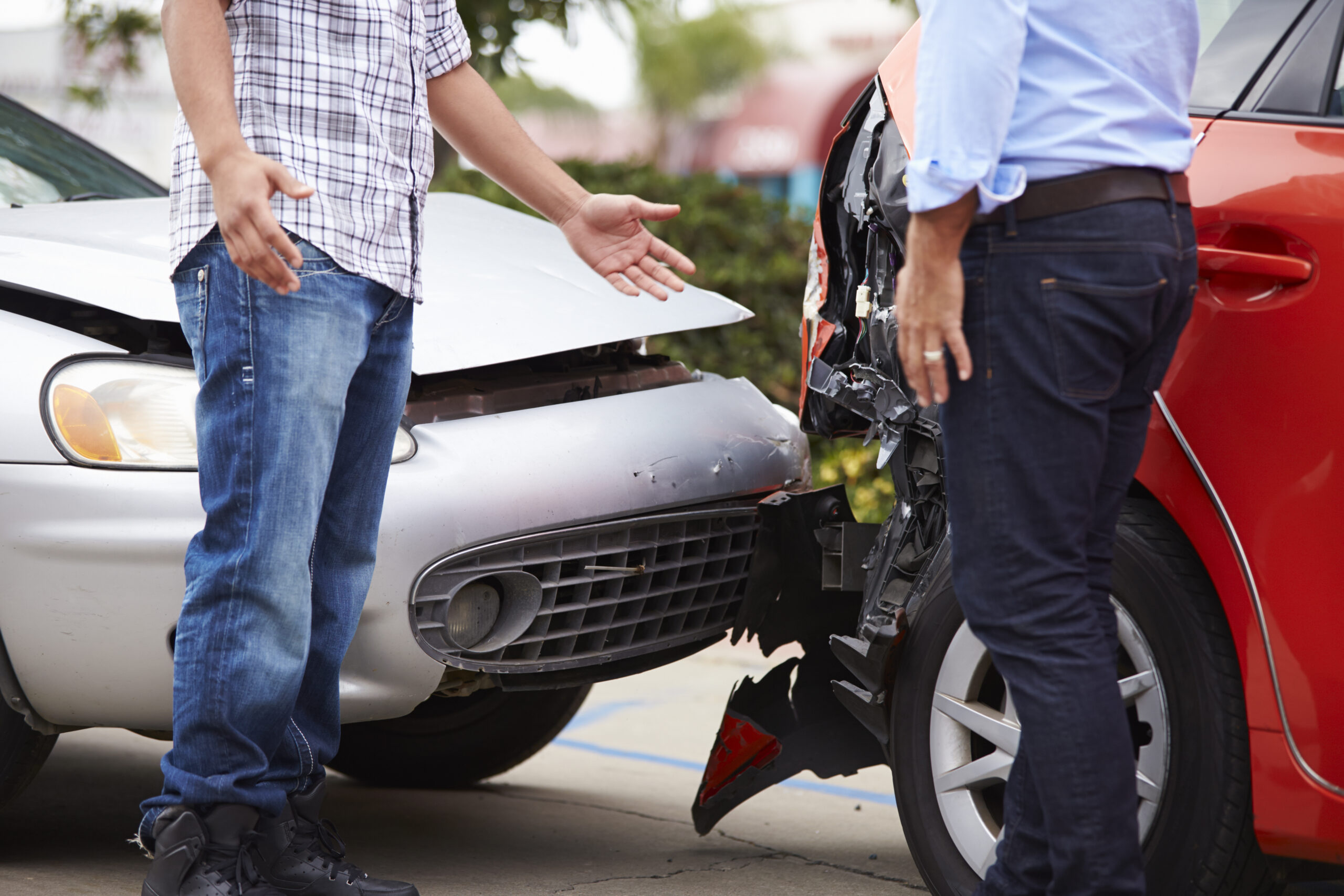
5 Important Types of Evidence After a Truck Accident
Hurt in a truck accident? Establishing the underlying cause of the crash and who is to blame for it are crucial parts of securing the compensation you deserve. Doing so takes evidence, and because of the complex nature of the trucking industry, some of it is unique to these claims. As you work to reclaim control of your life, the Roanoke truck accident lawyers at Strickland, Diviney & Segura can handle the legal work and safeguard your rights. Here are five vital types of evidence we might collect and review as we build your personal injury claim.
The Truck’s Electronic Logging Device (ELD) and Event Data Recorder (EDR)
The Federal Motor Carrier Safety Administration (FMCSA) requires most commercial trucks to carry electronic logging devices (ELDs). The goal of increased ELD use is to promote safer driving behaviors among truck drivers and to ensure adherence to stipulated hours-of-service rules. Additionally, many commercial vehicles have event data recorders (EDRs, also called “black boxes”) that capture a wealth of information vital for safety compliance. They actively monitor and log the truck’s speed, braking patterns, engine functions, and even sudden shifts in direction or hard stops.
After a truck accident, the data from these devices can prove crucial to establishing fault. This objective record can unveil critical details about the moments leading up to the collision. For instance, if a device indicates that the truck was traveling at an excessive speed, that it was in operation when it should not have been, or there was no recorded attempt to brake before a crash, it could serve as compelling evidence of driver negligence.
Medical Records
Medical records are one of the most authoritative forms of evidence following a truck accident. By demonstrating a clear timeline of your medical treatment post-accident, they speak to the extent of the injuries you suffered and the economic damages to which you are entitled. Economic damages – which provide compensation for quantifiable monetary losses like medical bills, therapy costs, and lost wages – are easier to calculate with these documents. On the other hand, noneconomic damages, while more abstract, are intrinsically tied to the tangible evidence that medical records provide. Noneconomic damages refer to the intangible costs of an accident – pain and suffering, emotional distress, reduced quality of life, etc.
The Police Accident Report
While inadmissible as evidence in court in Virginia, the police accident report can serve as a crucial starting point for collecting further evidence. It provides a wealth of information taken by an unbiased police officer at the scene, which can aid in your attorney’s independent investigation of the collision.
Eyewitness Accounts
Eyewitness accounts hold a unique and influential position in truck accident claims. Unlike technical data or written records, eyewitnesses offer a human perspective, allowing those who saw the event unfold from a vantage point outside of the involved vehicles to provide crucial context. Their testimony can corroborate or challenge the statements provided by the involved parties, thereby serving as a crucial check against biased or inaccurate accounts.
Surveillance/Traffic Camera Footage
If available, surveillance or traffic camera footage can provide a clear, objective, and real-time record of the truck accident as it occurred. It captures the sequence of events, the behavior of the involved parties, and the conditions surrounding the accident. Such direct visual evidence can cut through the “I said/you said” nature of claim disputes, making it harder to dispute what actually occurred.
Contact Our Roanoke Truck Accident Lawyers Now
Want to put compelling evidence to work on your case? Then get help from an experienced attorney who knows how to collect, protect, and leverage it to your advantage. The Roanoke truck accident lawyers at Strickland, Diviney & Segura can be your champion as you seek justice. Call (540) 982-7787 or complete our contact form for a free consultation.






